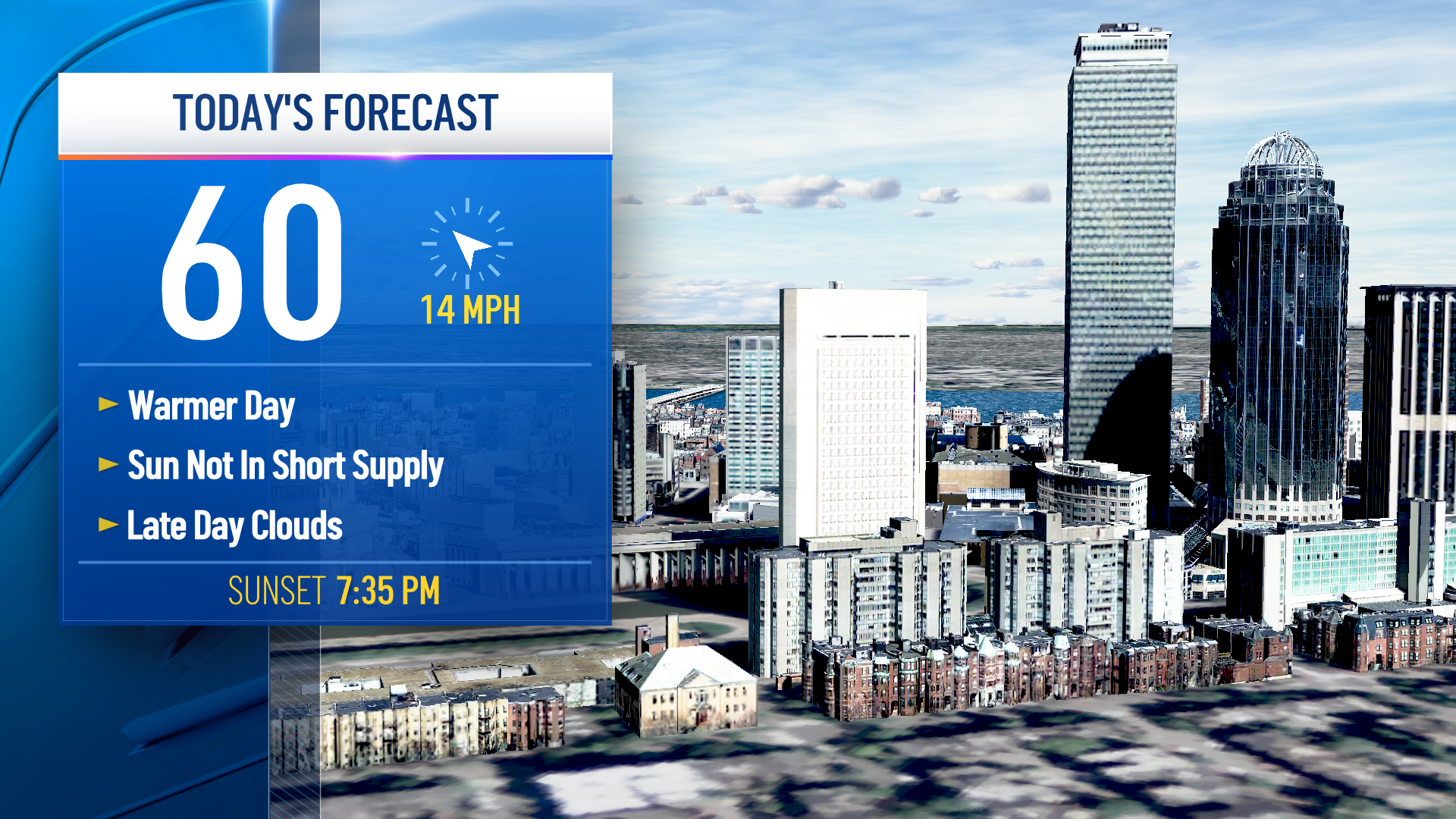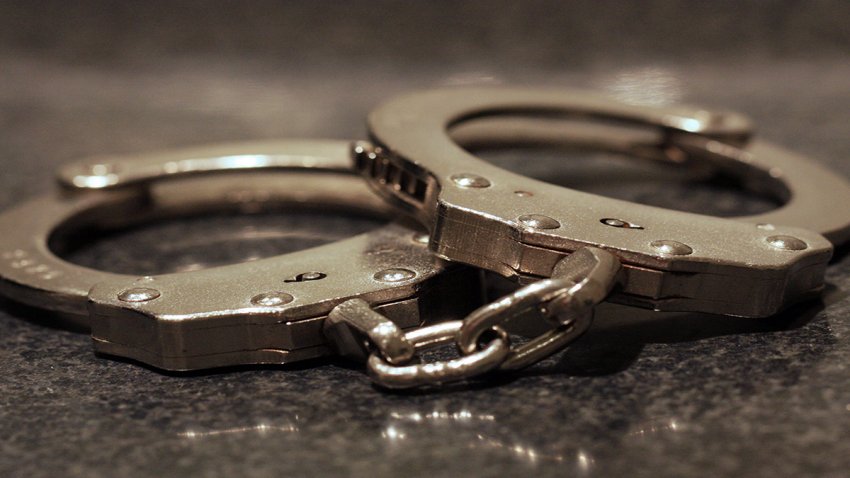(NECN: Ally Donnelly) - It's just before 10 on Saturday morning and Alexi Monovoukas is where he is every Saturday: at the Russian School of Math in Newton, Mass.
Sitting in his Weston living room, he says, "Science, life, building, architecture, there's math everywhere."
The Russian School is an intense after-school tutoring program to help kids excel in mathematics. Along with his younger brothers, Ari and Christian, 12-year-old Alexi comes every week for an hour of geometry and two hours of algebra.
"Really complex -- binary, absolute value, that kind of stuff," says Alexi.
Inessa Rifkin helped found the school in 1997 after immigrating to Newton and finding that the math her kids were being taught in the public schools was about memorization, not comprehension.
"It's possible to memorize something for test, but it's impossible to memorize for life," said Rifkin.
The Russian School has exploded in recent years -- going from a handful of students at its Newton location to 6,000 K-12 students at nine other locations in Massachusetts -- plus two schools in Northern California. Soon, they'll launch in Chicago, Seattle and Southern California.
Local
Rifkin says all of her students came through word of mouth.
"We have zero budget for marketing," said Rifkin. "We don't have time for marketing. We spend all our time teaching. What's going on in classroom is best advertisement."
What's going on in the classroom is a rigorous, no excuses steady stream of math. Rifkin says the Russian way is to make sure kids understand the methodology behind math problems. Students start learning variables in kindergarten -- something many kids don't start until middle school.
"Algebra is a language and any language when you start this language early -- the better -- we will be better off," Rifkin says.
Kids come from as far as Connecticut to take classes -- and expectations are sky high.
Eight-year-old Ari said, "If she notices that you're not focusing, she'll, she'll call you on you and you won't know what to do."
Twin brother Christian agreed, "I cry a lot and I don't want to do it."
"They put you under pressure {lil bro} yeah, a lot of pressure {big} in front of the whole class," said Alexi. "You get the question wrong you're going to be looked down upon, get the question right, you're going to be looked up upon."
The brothers don't relish the two hours of homework and are disappointed to miss out on Saturday sports activities, birthday parties or just goofing around during public school vacation week -- when there was no break from the Russian School.
"They don't let it up unless it's Easter or Christmas, or we can't get there because of the rain or of the snow," says Alexi.
But, still, all three boys insist they love it -- because they love being known as the math whiz in their regular school.
"I wanna be good at it so it comes easily so I can get into a good college later on so after I graduate I can write my own ticket," says Alexi.
We asked the boys dad, Yiannis Monovokas, if the kids are getting robbed of their childhood with all this commitment.
"I think so," he says. "I think so and I wish it was a different way."
Monovoukas knows his kids are over-scheduled and stressed. He says the soccer can go, or the Greek classes -- even the homework tutor -- but the math is here to stay.
"As good as learning to read and write, in my opinion," he says. "It broadens their mind. It allows them to solve problems and be analytical."
Education expert Chad D'Entremount says as more kids go to college, the admissions competition becomes more fierce. Tutoring programs like the Russian School, he says, make parents feel they are giving their kids a leg up in a highly competitive global market.
"The idea that -- even if they're already succeeding in math you can get them to do even better," he says, "is highly attractive to parents."
Attractive too is that Russian School students average 767 out of 800 in math on the college entrance exams. The state average for SATs is 521. But still, D'Entremount said the jury's still out on whether these types of educational programs really boost a kid's chance of getting into a good school.
"You do want to balance it in skill development," D'Entremount says. "Things like good social and emotional health."
Rifkin stands pointing to her Wall of Fame, a board on Russian School graduates, and said, "Harvard, Cornell, you see Brown, Dartmouth..."
What can be better for social and emotional health, according to Rifkin, than success?
"Those kids are adults and very happy I mean, what else can I ask for? I'm very proud," said Rifkin.



